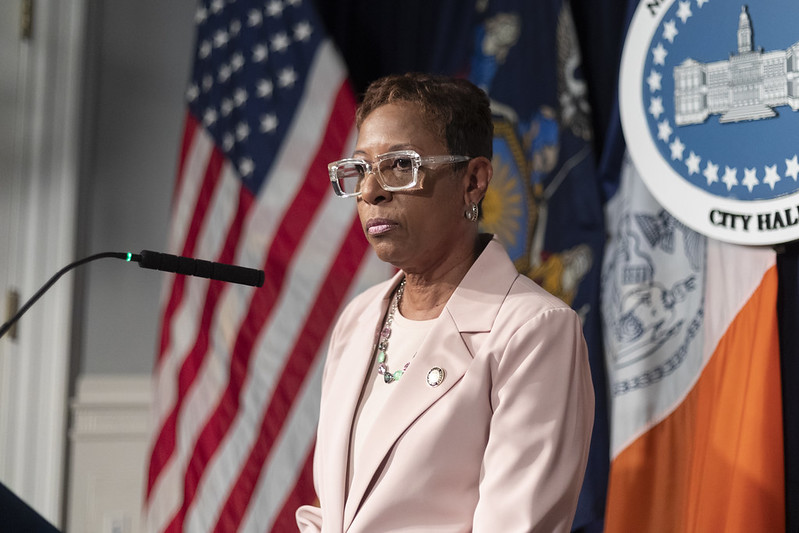HONG KONG (Reuters) – Anxious Chinese parents were rushing to hire private tutors to help their children navigate a fiercely competitive education system after the government moved last week to rein in companies in the massive tutoring services industry.
China’s for-profit education sector has been under scrutiny as part of Beijing’s push to ease pressure on school children and reduce a cost burden on parents that has contributed to a drop in birth rates.
New rules, to be implemented immediately, ban companies from making a profit from teaching core school subjects and offering classes on weekends or holidays.
But though many parents welcomed an effort to reduce the long hours their children spend studying, others said the ban would only add to parents’ financial burdens and increase inequality.
After-school tutoring (AST) classes are seen as crucial to academic success in China’s notoriously difficult college entrance exam.
More than 75% of K-12 students – roughly aged from six to 18 – in China attended after-school tutoring classes in 2016, according to the most recent figures from the Chinese Society of Education, and anecdotal evidence suggests that percentage has risen.
“Parents around me are actively looking for more one-on-one private tutors. It doesn’t feel like a sudden stop of the tutoring frenzy, life goes on as before,” said Ms Fan, a mother living in Beijing’s Haidian district, renowned for its top universities and competitive academic environment. She declined to give her full name, as did the other parents interviewed.
Private tutors can charge between 600 yuan and 2,000 yuan($93-$310) per hour in the capital, depending on the teacher’s experience, said Judith Bai, a mother in Haidian, who already spends more than 20,000 yuan on math and Chinese tutoring for her seven-year-old son each year.
“The new regulations will likely put more pressure on parents. With fewer AST services available, many Haidian parents around me are busy booking private tutors and organizing small tutoring groups on their own. The whole process is becoming more challenging and time-consuming for parents.”
Rather than encouraging people to have more children, halting tutoring would only dissuade them, said Min, mother to a three-year-old living in Beijing.
“People want to have babies because there’s hope that the kids can live a better life than the parents. But with the economic slowdown and no more tutoring in China, we don’t know that for sure anymore. We’re not considering having more babies,” she said.
Parents in smaller cities where schools tend to have less funding said the policy would negatively impact their children who rely on after-school classes to make up for low quality teaching in classes of up to 60 kids.
China’s Ministry of Education will work on improving the quality of the country’s schools “to reduce the impulse of parents to send their children to off-campus training”, reported official news agency Xinhua on Sunday.
But even with an improvement in teaching, many said it would be impossible to overcome the competitive nature of China’s system.
Ms Huang, a mother from Hangzhou in eastern China, said she has quickly signed her son up to a math class run by a tutoring company before the firm closes to new registrations.
“As long as there is the test-based system in China, it is impossible for parents not to ‘chicken their babies’,” she said, using a popular term in parenting circles that describes pumping children with extracurricular classes and energy-boosting “chicken blood”.
($1 = 6.4821 Chinese yuan renminbi)
(Reporting by Julie Zhu and Kane Wu in Hong Kong and Yingzhi Yang in Beijing. Additional reporting by Beijing Newsroom, Writing by Dominique Patton, Editing by Raissa Kasolowsky)






















